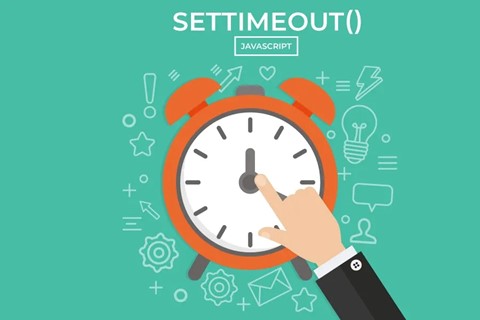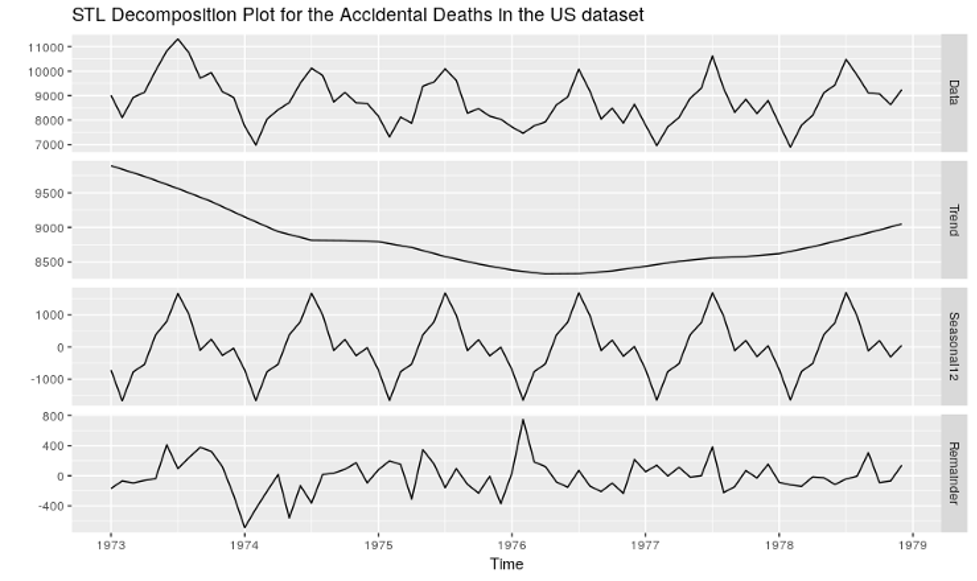There have always been two main channels for airlines and hotels to sell their inventory – going directly to the airline or hotel counters (direct) or availing services through a travel agency (indirect). Customers started preferring the indirect channels since it was a one-stop-shop to view multiple options. The travel agent became the first influencer – much before social media made the term famous.
With the internet came an opportunity for the travel industry to prioritize direct distribution. While the brand dotcom strategy was trying to change distribution forever and brick-and-mortar travel agencies were looking to stay relevant, a new breed of travel agencies took shape, riding the same Internet wave – the Online Travel Agencies or OTAs. The offline pain had reappeared online, with potential customers having to visit multiple websites to finalize a travel plan. OTAs started occupying that space until META search engines appeared to counter OTAs.
Consolidation and diversification – brand dotcom and OTAs
Hotels and airlines were trying every play in the book to amass traffic to their websites. While they were aggressively marketing their loyalty programs and adding freebies to direct bookings, OTAs promoted their loyalty programs, highlighting how it allows the accumulation of freebies without being loyal to a particular hotel or airline.
Over the years, hotel groups consolidated to form larger chains, and airlines either consolidated or formed alliances to become stronger. Similarly, OTAs consolidated, forming large groups under big brands, but they also started spreading across multiple sub-domains. From being able to book a seat in a plane or a room in a hotel, these OTAs offered cruise bookings, car rentals with self-drive options. This expansion made the enterprise a one-stop shop for potential customers.
The battle for supremacy and market share soon came down to one key differentiator – price. Consolidation, deep pockets, and large scale deals gave OTAs the power to keep prices lower than brand dotcoms. Soon the world shifted towards best deals, highlighting that there is no better loyalty program than lower prices. As if the market wasn’t competitive already, we now hear about Google entering this space.
Covid-19 grounds everything
With travel restrictions globally, the travel and hospitality industries have been hit hard by the pandemic. The entire ecosystem has come to a halt, and some brands have no revenue to show for weeks! Their deep pockets that enabled heavy discounting have suddenly become empty. The large deals that gave the best prices have run dry. Passengers are missing, and the various websites that were once vying for advertising space are now trying to stay afloat.
The large discounted deals from airlines and hotels will pause as everybody tries cutting costs, starting with the ones on distribution. The absence of discounting makes life very difficult for the OTAs and META search engines. What then could be the differentiating factor to ensure that potential customers are attracted to a particular OTA or META?
What will be the differentiators?
The challenge with OTAs or META is that they are not the ones who fulfill the experience they sell, and the world post-Covid-19 is more worried about the experience than ever before. With millions of dollars tied up in cancellation waivers and refunds, every traveler has had a bad experience in the last couple of months.
Contrary to the initial thought that that spending on information technology would reduce as these industries try to put out more immediate fires, in reality, spending would go up as hitherto unimaginable expenses crop up. From contactless check-in to QR code-based food ordering, the stay and travel experience are changing rapidly.
With Covid-19 altering product roadmaps for many, the real differentiator could be User Experience. With every application allowing you to book a hotel without much difference in pricing, what would attract a potential customer and keep them loyal? An intuitive and progressive design that makes the process of booking and the journey relatively painless will gain more recall. Focus on usability with a balance of visual appeal and intuitive approach coupled with a voice-based search would go a long way.
Covid-19 has put an unprecedented pause on the industry, and there is no better time to experiment than now! Lower bookings mean less impact if things go awry. There is also a dedicated target market in place available for real-time feedback, and if things go wrong, it is easy to reverse them. The current situation presents us with an opportunity like no other to refresh and restart at low costs. If you liked reading this post, here are some you may enjoy,



